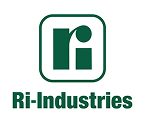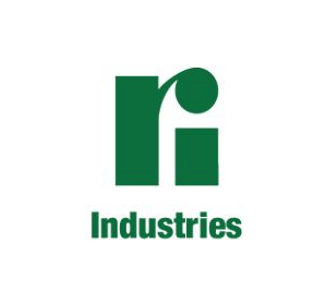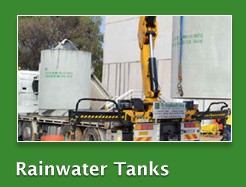Congratulations on installing a brand new septic system! You’re ready for things to flow smoothly, but if you are like many of our customers you may be wondering if there are any special steps you should take when first using the septic system.
People talk about priming, prepping, or kick starting a new septic system. Since bacteria in the septic system naturally breaks down organic waste matter and slows the accumulation of the sludge layer, there is a common belief that materials should be introduced to kick start the growth of bacteria. People have been known to place a dead possum or sheep in the septic tank as well as buttermilk.
You may be happy, and relieved, to learn that this is not a necessary step. The natural sewage which flows into the septic system as soon as it is installed provides plenty of nutrients for the bacteria to do its job.
After Ri Industries installs a new septic system, we do recommend one little extra step be taken. Fill the tank with clean water and then add a cupful of lime to the toilet once per day for seven days. The lime prevents odours and increases the pH or alkalinity which encourages the growth of the good bacteria wanted in the septic system.
Call Ri Industries at 08 8444 8100 and we will be happy to answer all of your septic system questions.





